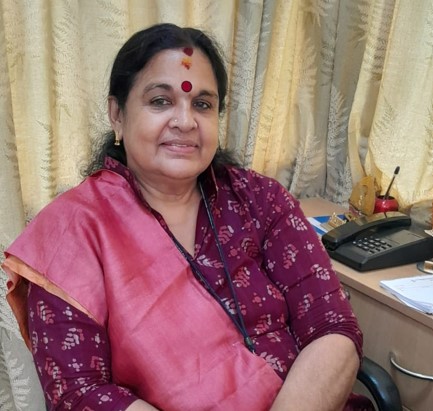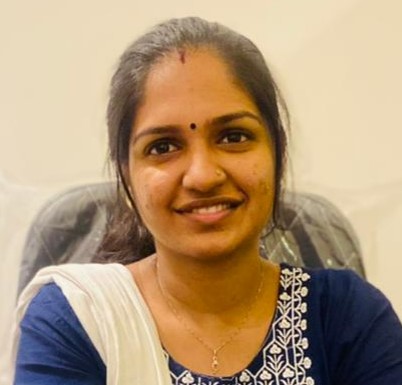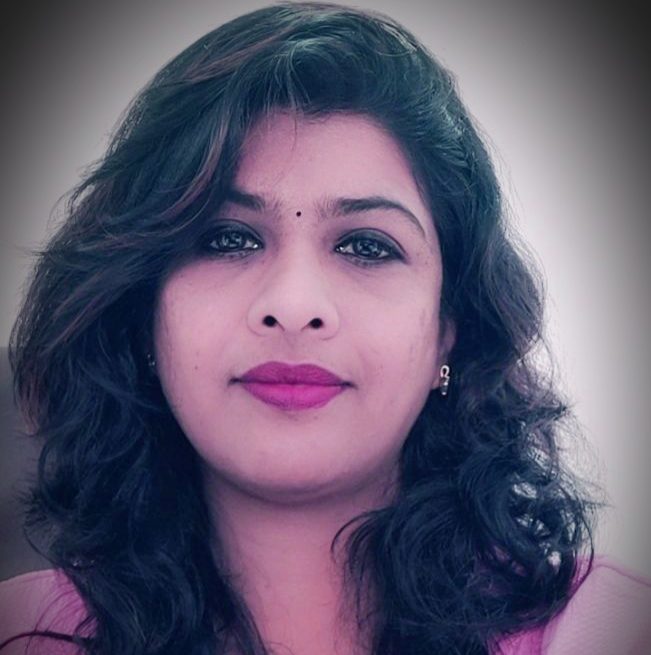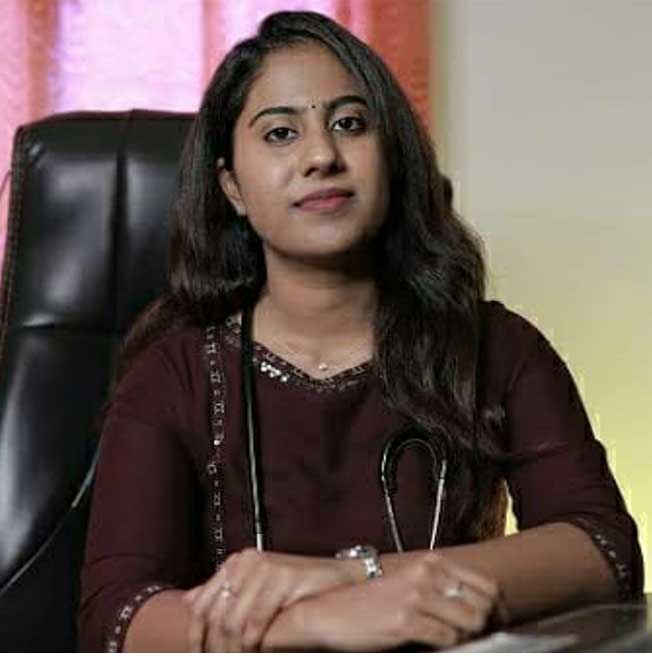Body image is how an individual see his or her own body, think and feel about themselves physically, how one believe others see them and the feelings associated with this perception.
What is meant by body image?
When we refer or talk about body image, there are lots of ways we can think about our body and the way we look. It is one’s body-related self-perceptions and self-attitudes, including thoughts, beliefs, feelings, and behavior
The four aspects of body image:
- The way you see yourself (Perceptual)
- The way you feel about the way you look (Affective)
- The thoughts and beliefs you feel about your body (Cognitive)
- The things you do in relation to the way you look (Behavioral)
Causes of negative body image
Being teased about appearance in childhood, growing up in a household where emphasis is placed on appearance of a particular ideal body size or shape.
Parents as well as family members experiencing body dissatisfaction and engaging in dieting or weight control behaviors.
Other causes such as family environment, ability or disability, the attitudes of peers, social media, cultural background and more. Puberty is also a big influence.
Who is most affected by body image?
While body image concerns affect both boys and girls, survey suggests that girls are more likely to be dissatisfied with their appearance and their weight than boys. Survey suggests that, 46% of girls reported that their body image causes them to worry ‘often’ or ‘always’ compared to 25% of boys.
Social Media and its affect on body image of teenagers and adults
*Social media can negatively affect body image in a negative manner by over-exposing one to “idealized” body types. While clicking and posting selfies may help body image, trying to edit out perceived flaws can be harmful. .
*For most teenagers-Worries about body image can lead to mental health problems and, in some instances, are linked to self-harm and suicidal thoughts and feelings. Survey indicates teenagers identify images on social media as a key factor that makes them worry about their body image.
*Multiple studies show that there is a strong link between heavy social media and an increased risk for depression, anxiety, loneliness, self-harm, and even suicidal thoughts.
Symptoms of poor body image.
Signs of Body Image Disturbance,Preoccupation with Bodily Appearance.
Strange Eating Behaviors, Disordered Eating and Eating Disorders in Physically Active Adolescents.
Drastic Changes in Appearance and Personality Changes: Depression and anxiety.
How does body image affect personality?
In many researches it has been attained that major factors of personality predict body image. Persons with negative body images,usually suffer from negative feelings such as depression, loneliness, low self esteem, negative perfectionism, preoccupation about losing weight.
How does body image affect self-esteem?
Body image and self-esteem directly influence each other and a person’s feelings, thoughts, and actions. If a youth doesn’t like their body or a part of their body (poor body image) it is hard for them to feel good about their whole self (positive self-esteem).
What age group is most affected by body image?
Adolescence is a critical period for body image development because of the various social, cultural, physical, and psychological changes occurring between the ages of 12 years and 18 years of age.
Our Specialties
Sadly, We tend to focus on all of the things about ourselves that we would like to fix. We use filters on our photos because we’re afraid to show the world how we really look. If only we could be thinner, prettier, bustier, better muscled, differently shaped, etc.
Mindscape counseling sessions help:
- Feel Safe: You might worry that you you might be judged when you share your problems and you may feel naïve about this.Our therapist would never judge you. Instead, they provide you with a welcoming environment, make you feel free to open up and wouldn’t scold you or blame you for how you are. The therapist would think of what can be done to fix what has happened.
- To acknowledge your feelings: Instead of shutting down self-criticism but shutting down and hoping your insecurity go away. Instead, ask the person if any event prompted these feelings or who they are comparing themselves to.
- To not put yourself down: Insulting yourself simply normalizes the act of hating one’s body. Instead, it can help to talk about how you cope with your own insecurities.
- To put things into perspective. Help one understand that beauty is subjective. Make one believe something is good, and your minds adapt to the change and you are trained to view everything positively.
- Teach you to face your insecurities about body image or any other mental health issue, by breaking down your problems into small parts and solved one by one. This method of looking into a problem will stay with you until the end.
- To Challenge your negative thoughts: Clearing negative thoughts out of your mind takes time and our therapists needs time.They make sure you get better day by day by working on your negative thoughts day by day. Slowly, you start challenging your negative thoughts and getting into positivity. This happens gradually.
- To Change your behavior: Therapy increases your level of knowledge and awareness of the issue so that you make the right decisions on how to “deal with it”. Similarly, in therapy, you examine yourself and act accordingly with a clear focus on what you want to be and what you are. This makes you mentally stable and strong.
Benefits
If your loved one has altered their eating patterns, compulsively checks their appearance, or just feels a lot of stress about their looks, therapy will benefit them.
A positive or healthy body image is feeling happy and satisfied with your body, as well as being comfortable with and accepting the way you look.Individuals with greater positive body image have less depression, higher self-esteem, fewer unhealthy dieting behaviors, lower drive for muscularity, and greater intentions to protect their skin from UV exposure and damage.
Knowing the problem is essential, but what causes it is more important. When you know there is an issue, just treating it doesn’t help. Therapy helps you in finding what causes it and trying to stop it makes you heal better and faster. Therapy addresses the root cause and finds why the issue exists. If you don’t know the reason, behind your body image, the feeling be is very challenging.
Write in to us at info@mindscapecareer.com or contact us at 0471–2339483 (between 10 am to 4 pm) or 9249595768 / 7907113827 (between 10 am to 7 pm).
Specialists

Rashmi Ranjan
Qualification : MA Applied Psychology, MPhil (Learning Disabilities)
Experience : 6+ years
Charges : Rs. 750 per hour

Lekshmi Bhaskar
Qualification : MSw, PGD Counselling Psychology
Experience : 20+ years
Charges : Rs. 900 per hour

Dr. Srividhya
Qualification : PHD Psychology
Experience : 26+ years
Charges : Rs. 1000 per hour

Pragila
Qualification : MPhil Clinical Psychology
Experience : 2 years
Charges : Rs. 750 per hour

Ardhra J.S.
Qualification : MSc. Clinical Psychology
Experience : 3 years
Charges : Rs. 750 per hour

First Floor, Lulu Apartments, Opp. Police Parade Ground, Thycaud, Trivandrum 695014
PHONES +91-471-2339483 Mobile : +91-9249595768 or +917907113827
EMAIL info@mindscapecareer.com
Copyright 2022. Mindscape Counselling & Assessment, Trivandrum. All rights reserved.



